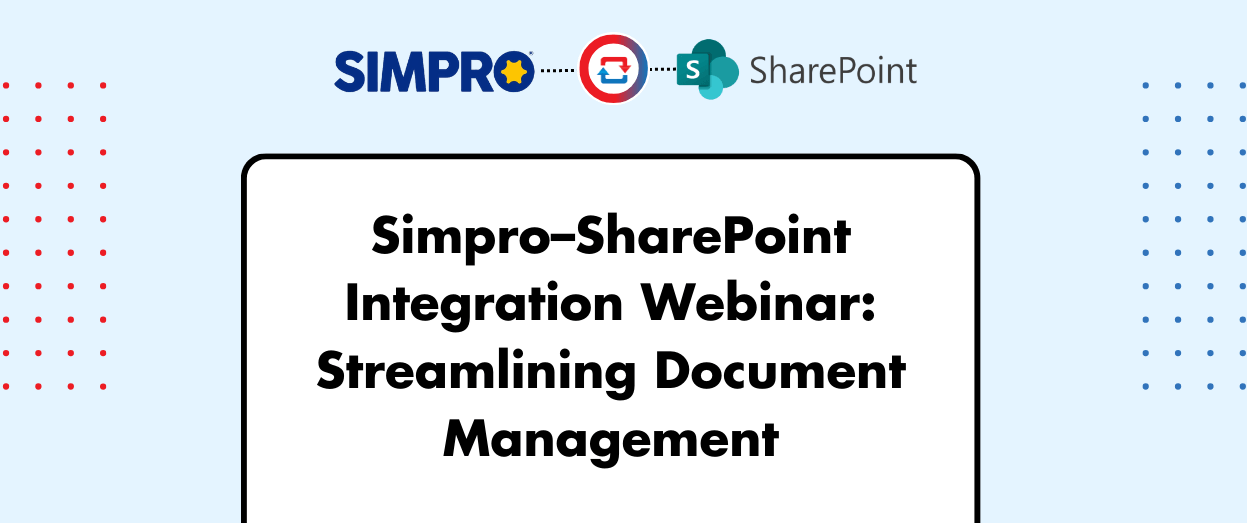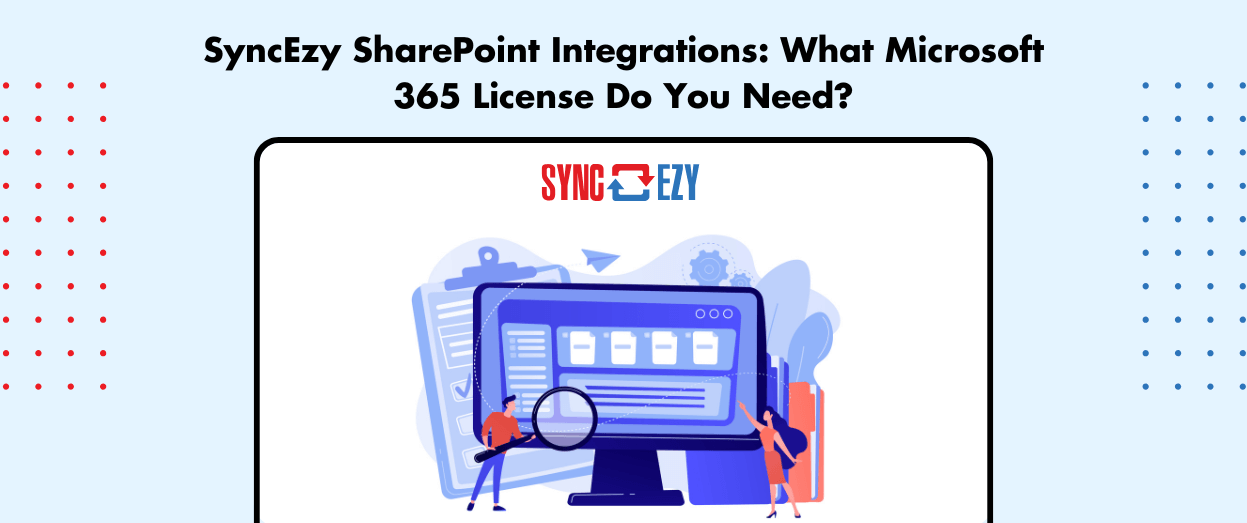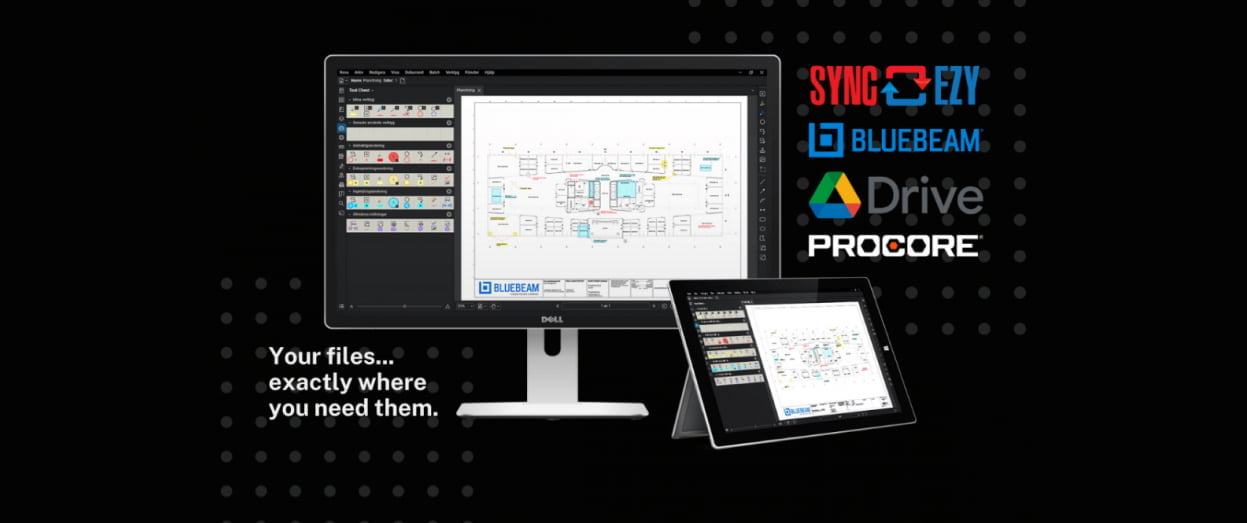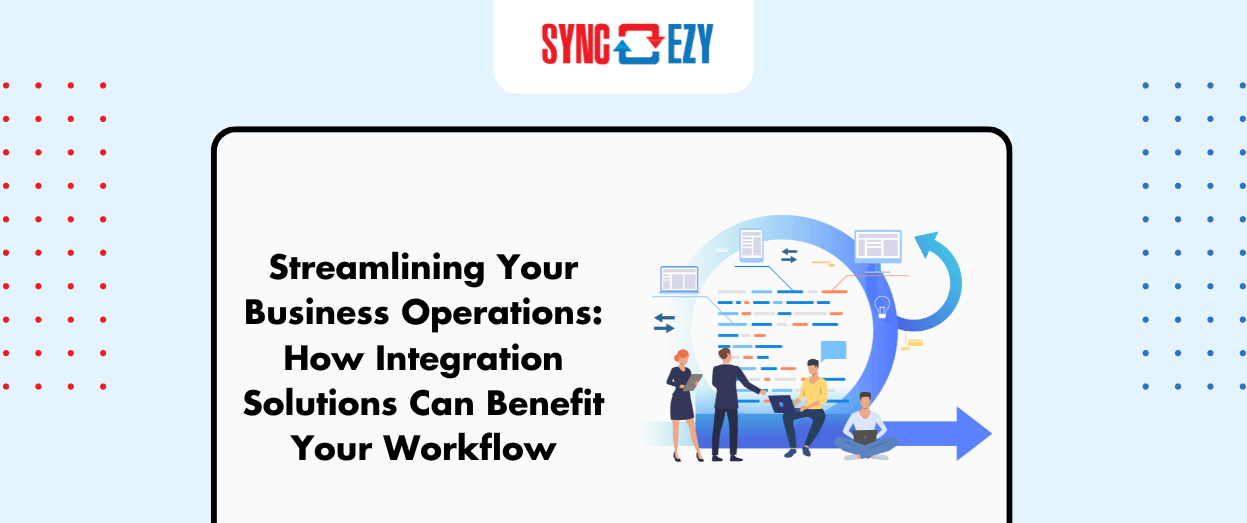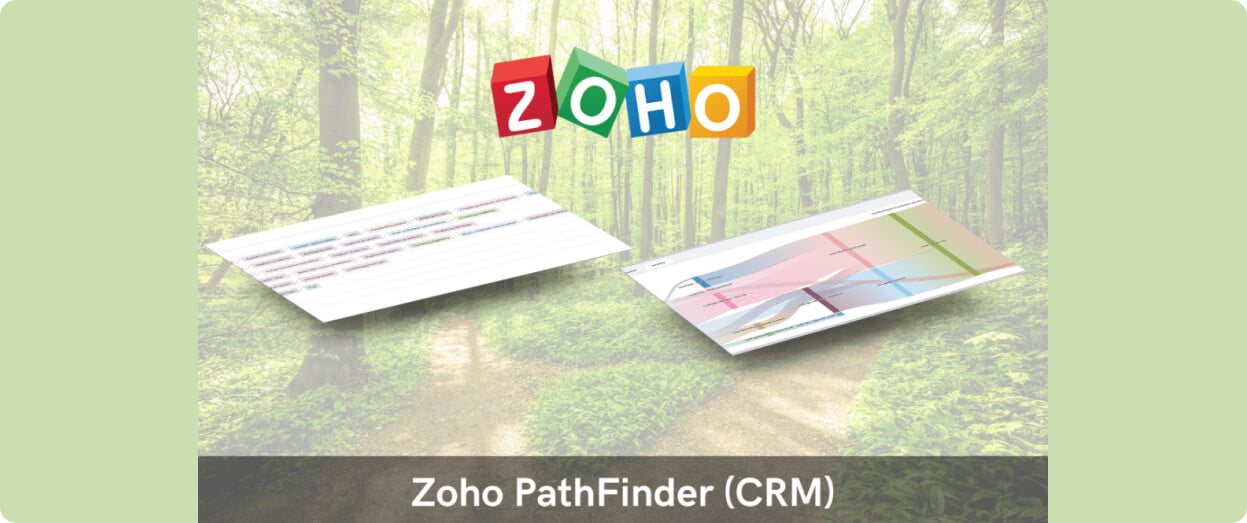
Hari Iyer | SyncEzy
CEO4 Min Read
Mar 10, 2020
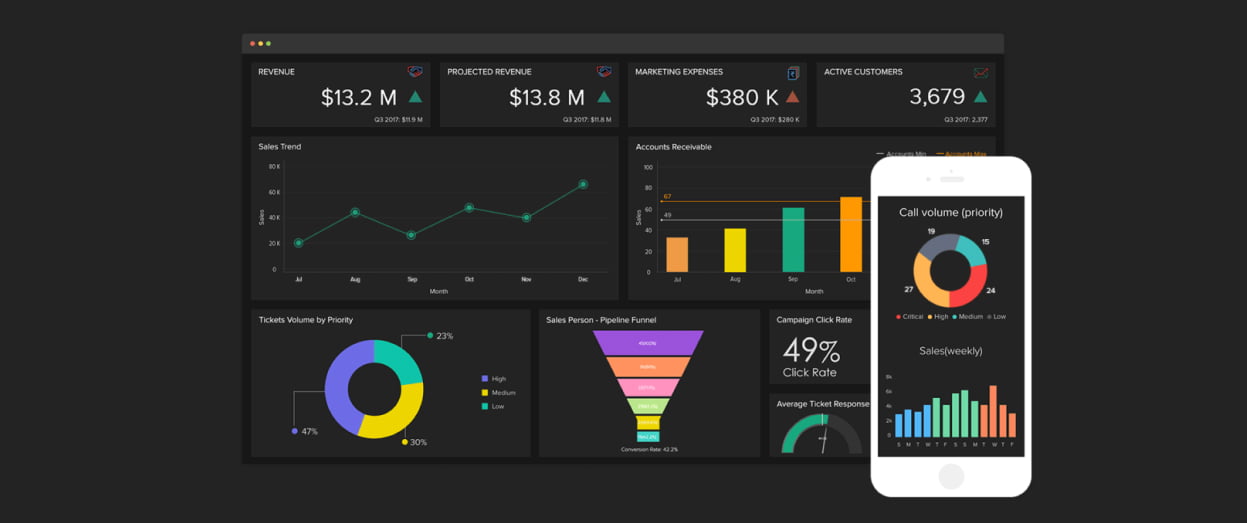
Zoho Analytics is a great tool if you wish to analyze, visualize your data and view statistical information about how your customer is doing. It is also easy to set up custom reports by simply dragging and dropping elements. All of the information flows from Zoho CRM and the Analytics app helps greatly in providing detailed, customised reports.
When you are creating reports in Analytics, you might find that the report you expect has not come out the way you want to. This can often get confusing and you might find it hard to reverse it or get what you want.
Zoho Analytics filters can get tricky that way. Here is one of the problems and how they can be solved with custom filters.
The Problem – Meaningless Reports
One of the best things about Analytics is that you can set up Filters (that filter your information) and User Filters (which you choose) to narrow down the information you want to see. But when you use Filters on fields, it will often give you complicated, meaningless reports.
In the example below, there are multiple Stages available which determine if a Deal is Closed / Won and Closed / Lost as well as the Converted Leads. This is the expected outcome and the result we want to see.
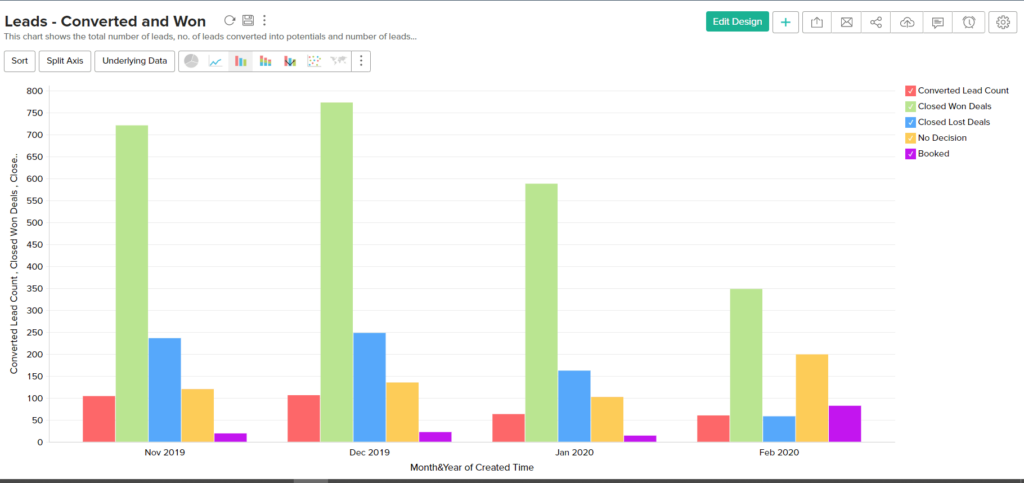
Let’s say you want to see the number of records of 5 different stages in one bar. Using the “Filters” option in a Report, it is not possible to do so. It will manipulate your data into a format which is unreadable and unusable. This will get even more complicated as you have more items in the X-Axis and Y-Axis of your report.
Here is what it would look like if you only used a filter:


The generated bar graph is heavily restricted and only shows you the Converted Leads of those stages. It is not possible to add it as a separate bar to compare using the Filters option. But there is a way to set up a custom filter which will behave as standalone data and will not interfere with your report.
By setting up a custom filter for Zoho Analytics, you can create clear report templates with data that can drive your business decisions. A custom filter will help you to count the correct amount of records without conflicting with other data you might have added in the same report.
The Solution – Custom Filters
Step 1: Go to Opportunities master table in the Analytics Workspace.
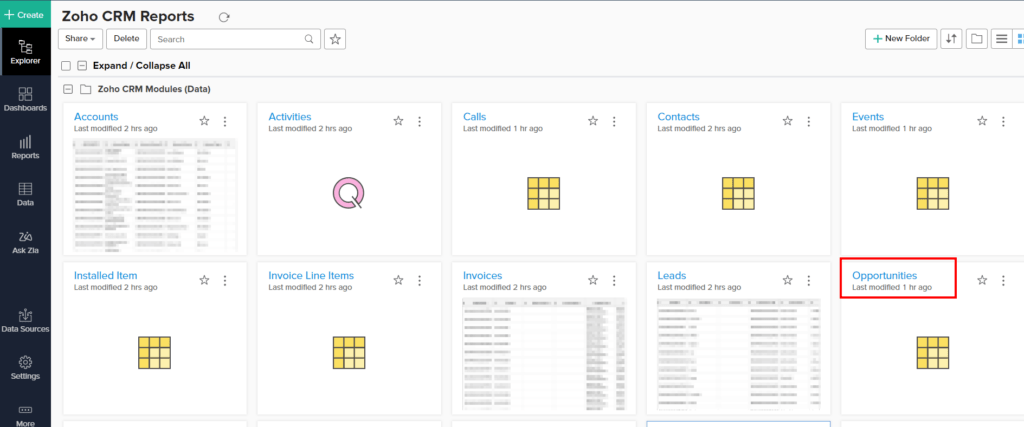
Step 2: Select “Aggregate Formula”

Step 3: Enter Formula Name, Data Type and formula in the below format –
For multiple values:
countif((“Table Name”.”Field Name”) IN (‘value1’, ‘value2’, ‘value3’))
For single values:
countif(“Table Name”.”Field Name”=’value’)
Note: Field Name should be a picklist or multi-select from Zoho CRM. value1, value2, value3 are the picklist values. Example – Field Name as Fruit in Leads with values Apple, Orange, Mango would be countif((“Leads”.”Fruit”) IN (‘Apple’, ‘Orange’, ‘Mango’))

Step 4: The custom filter will appear whenever you are creating a report. Simply drag and drop it to the X-Axis or Y-Axis.

To Sum Up
Thus, a custom filter has successfully been created to bundle 5 different stages into one bar and show the count of how many there are. If you wish to count individual items or make custom groups of items, you will need to do the above.
By creating this custom filter you can turn reports that are meaningless to your company into meaningful reports that help you make informed business decisions. If you’re looking for reports & integrations to empower your business, get in touch with our team to discuss your options.
